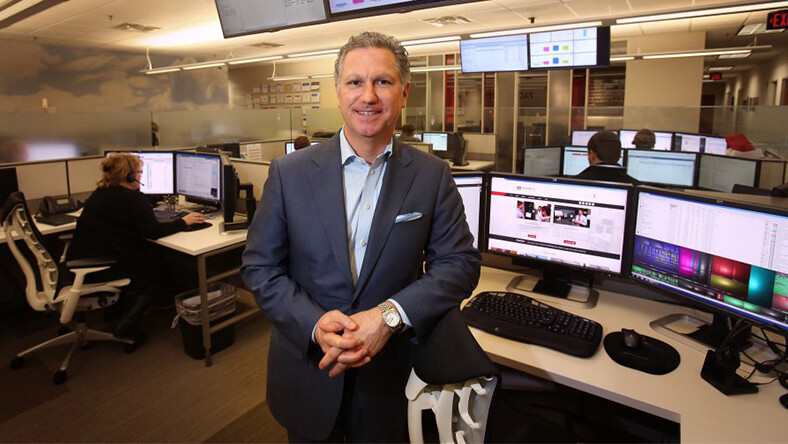Michael Drake wants more top executives and employers in Memphis to start conversations about mental health.
As chief executive officer of the information technology services company master IT, he'll be among some 500 people expected Thursday morning at the second annual Living Well Network Mental Health Breakfast. The breakfast benefits the Dennis H. Jones Living Network, begun four years ago at Methodist Le Bonheur Healthcare. Drake is a founding board member.
"Twenty-six percent of employees in the workforce are in need of mental health care," said Drake, citing National Institutes of Health data. "Sixteen percent are abusing drugs or alcohol."
Kay Warren, co-founder of California-based Saddleback Church with her husband and pastor, Rick Warren, will provide the keynote conversation at Thursday's event. The couple's son, Matthew, committed suicide in 2013 and struggled with mental illness.
Drake, 53, said his grandmother committed suicide and his mother struggled with depression all of her life, "so I've seen it first hand."
By website (thelivingwellnetwork.org) or telephone, the Dennis H. Jones Living Network is a gateway to help for anyone suffering from anxiety, depression, risky drinking and even suicidal thoughts, Drake said.
Dennis H. Jones, a retired FedEx chief information officer who bought an information technology company that competed with Drake's, suffered from depression and committed suicide in 2009. Drake said he had known Jones since seeking him out in 2006 for advice about starting up his company.
Jones' widow, Debbie Jones, in 2012 pledged $1 million over four years to start the network.
Removing the stigma from mental health issues, which if treated can reduce the rise and cost of physical ailments, requires steps including transparency about the issue and resources such as the living network and an employee assistance program, Drake said.
"This is a culture issue, it's a productivity issue, it's a bottom-line issue, it's many things rolled into one," he said.
Donna DiClementi, director of the Dennis H. Jones Living Well Network and Methodist Healthcare Employee Assistance Program, said that typically 3 percent to 5 percent of workers and their families use employee assistance programs.
Awareness of behavioral health, a term she prefers to mental illness, is growing. That's thanks in part to last year's speaker at the Memphis breakfast, Patrick Kennedy, the former Rhode Island congressman who spearheaded passage in 2008 of the federal Mental Health Parity and Addiction Equity Act to boost health insurance coverage.
DiClementi said she expects behavioral health screenings and services to become more common in primary care doctor's offices.
"What we're working toward is to be able to place behavioral health clinicians in our primary care practices so people can be treated in place, right now," she said.
Drake said workplaces also are a good place to combat the stigma that still prevents conversations about mental health needs.
"I think we have a lot of walls to bring down and that's why I'm an advocate to de-stigmatize the issue," he said.
